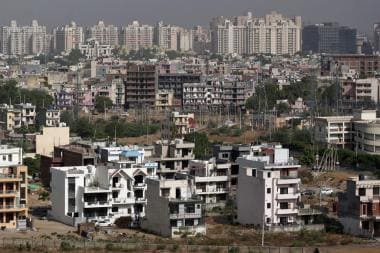 Lending rates in India have started coming down significantly as banks link their loan rates to the Reserve Bank of India’s repo rate. But before you rejoice, here’s another catch. Some public sector banks in India have now started using third-party credit scores of borrowers to demand higher interest rates on loans with higher credit risk.
Lending rates in India have started coming down significantly as banks link their loan rates to the Reserve Bank of India’s repo rate. But before you rejoice, here’s another catch. Some public sector banks in India have now started using third-party credit scores of borrowers to demand higher interest rates on loans with higher credit risk.
Bank of Baroda, Union Bank of India and Syndicate Bank have started the practice of segregating retail loans into their own versions of prime and subprime risk exposure, the Economic Times reported.
So, for example, Bank of Baroda will be using a credit score from the Credit Information Bureau (India) Ltd (Cibil) to decide the interest rate on new home loans, according to the report. Customers with a lower credit score within the 675-724 range out of the maximum 900 will pay 1 percentage point more interest rate than those with high credit scores in excess of 760. The bank will not offer loans to borrowers with a credit score below 675.
Consequently, new home loan rates for Bank of Baroda customers with scores above 760 will be 8.1%, while those with a credit scores between 675 and 724 will be 9.1%. Those with a credit scores in the range of 725-759 will pay 8.35% on new home loans.
The credit score would not just be watched at the time of approval, but also through the life of the loan. “If, after one year, the borrower improves her credit score, the risk premium will go down. Conversely, it could go up if a borrower’s credit score drops…,” Virendra Sethi, head, Mortgages and Other Retail Assets, Bank of Baroda, told Economic Times.
Union Bank of India will also charge 10 basis points more to customers with credit scores below 700. Similarly, Syndicate Bank has decided to increase the credit risk premium if a borrower’s Cibil score were to drop by more than 50 points.
All the three lenders have, however, clarified that they will use credit scores provided only by Cibil.
[“source=news18”]



